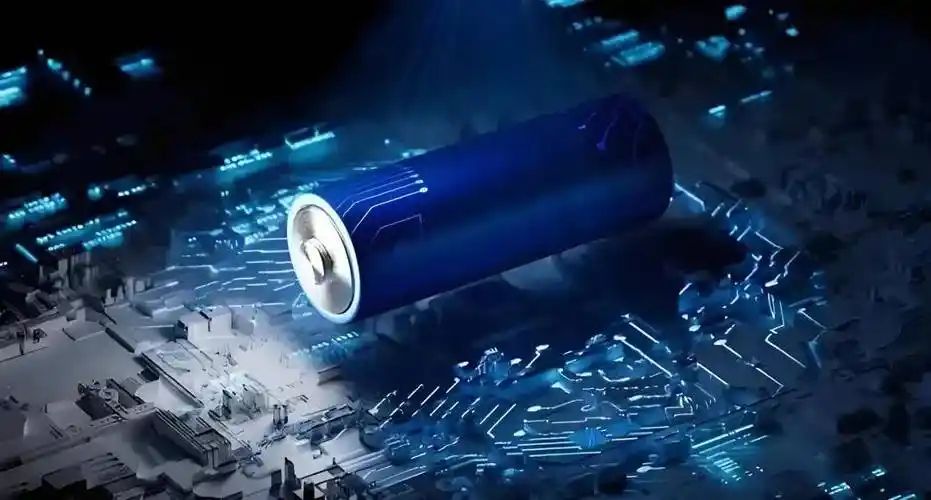Lithium Sulfide Solid State Battery Industry Outlook, Global Analysis
Thursday,09 Jan,2025

The application of lithium sulfide (Li₂S) in solid-state batteries primarily involves electrolyte improvements and performance enhancements. Solid-state batteries are improving safety, energy density, and cycle life by using solid electrolytes instead of traditional liquid electrolytes.
Lithium sulfide, as a solid-state electrolyte material, has attracted extensive attention from researchers due to its high ionic conductivity and good chemical stability.
Lithium sulfide solid-state battery types and applications
Glassy and glass-ceramic electrolytes: lithium sulfide can be prepared in glassy or glass-ceramic state. The glassy electrolyte is obtained by fast melting followed by quenching and has an amorphous structure, whereas the glass-ceramic state is obtained by heat treatment on top of the glassy state and is partially crystallized to increase the ionic conductivity. They are suitable for applications requiring high flexibility and application scenarios requiring high conductivity, respectively.
Uses: Mainly used in electric vehicles, portable electronic devices and energy storage systems. Solid-state batteries offer higher safety and energy density by reducing or eliminating the risk of electrolyte leakage and combustion.
Lithium Sulfide Solid State Battery Industry Analysis
China and Japan are leading the research and development of solid-state batteries. Chinese companies such as Ningde Times and BYD are actively promoting the commercialization of solid-state batteries. Japan, on the other hand, continues to promote basic research and technological advancement with its deep accumulation in materials science.
European research institutes and companies in Germany and the UK, such as the Fraunhofer Institute and Johnson Matthey, are exploring innovative applications and manufacturing processes for solid-state batteries. The United States, such as QuantumScape, is accelerating the marketization of solid-state batteries through cooperation with Volkswagen.
Currently, lithium sulfide solid-state batteries are still in the transition phase from the laboratory to commercialization. Market demand for high-performance batteries continues to drive technology development, but technical challenges of production costs and scale-up remain. According to market research, the market for solid-state batteries is expected to grow significantly over the next decade, driven by factors such as the expansion of the electric vehicle market and increased demand for renewable energy storage.
Toyota demonstrated its prototype battery based on sulfide-based solid-state electrolytes in 2020, claiming twice the energy density of existing lithium-ion batteries and a significantly higher cycle life. Toyota aims to commercialize the technology by 2025.Sakti3 (now part of Dyson) is focusing on the development of lithium sulfide-based solid-state batteries, emphasizing their safety and performance benefits in high-temperature environments.
Lithium Sulfide Solid State Battery Industry Perspective
Prof. Lei Li (Xi'an Jiaotong University): In his research, Prof. Li emphasized that the key to lithium sulfide electrolytes is to optimize their chemical ratios and preparation methods to improve conductivity while controlling costs. He noted that “the future of solid-state batteries lies in the ability to translate high performance in the lab into feasibility in actual production.”

